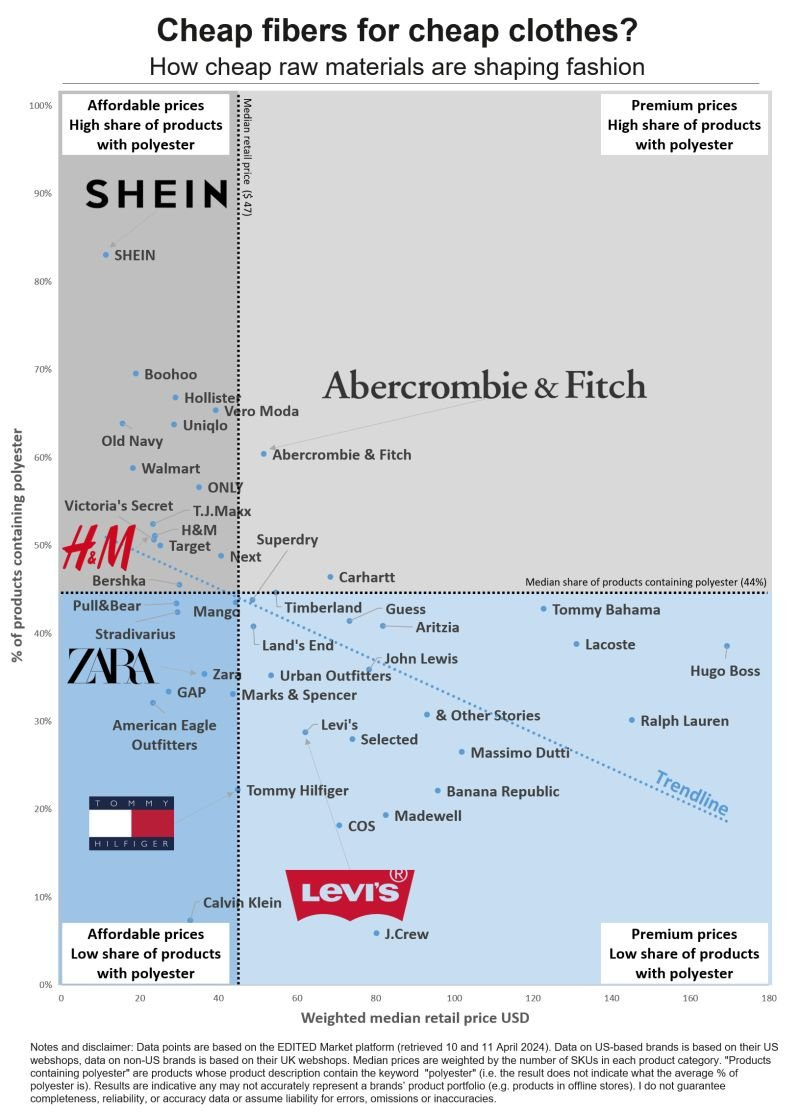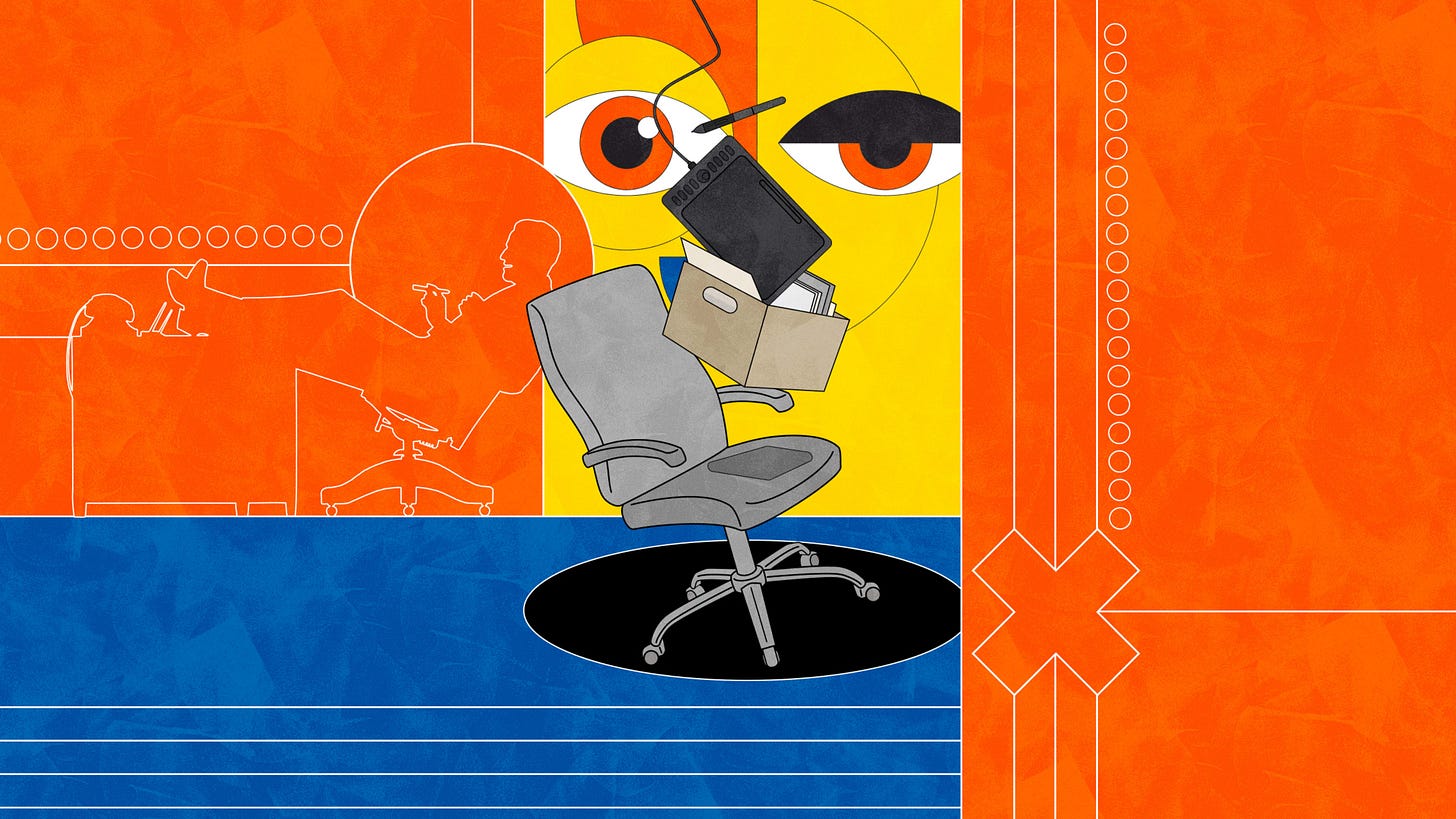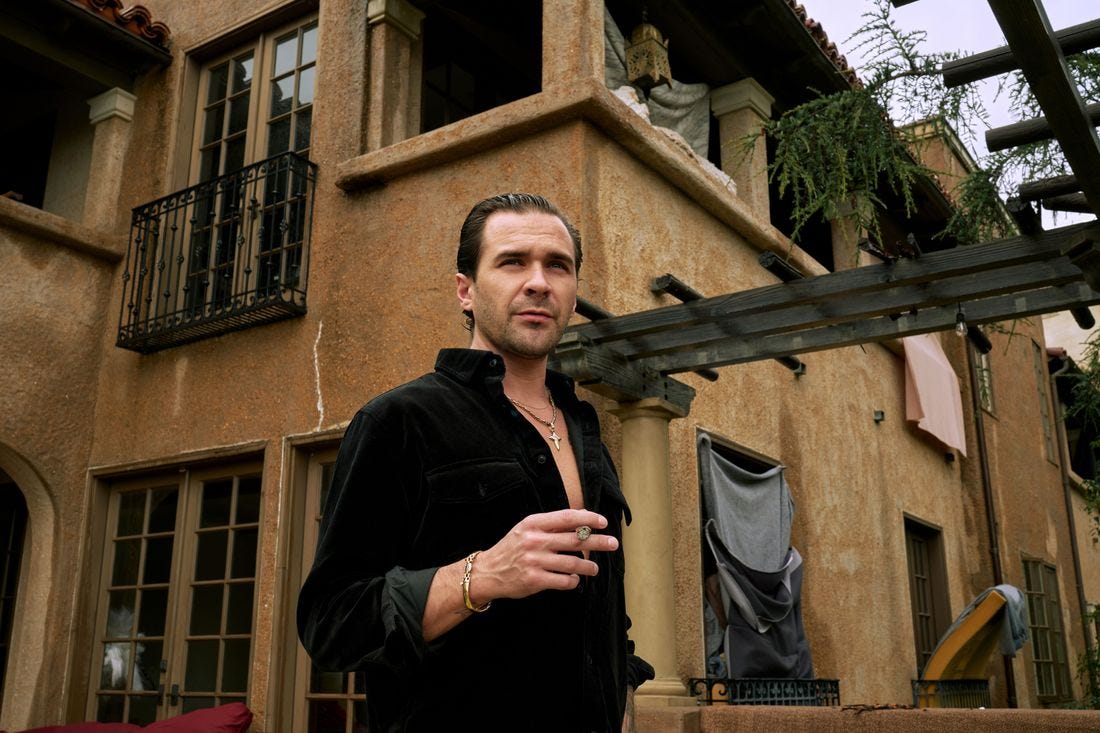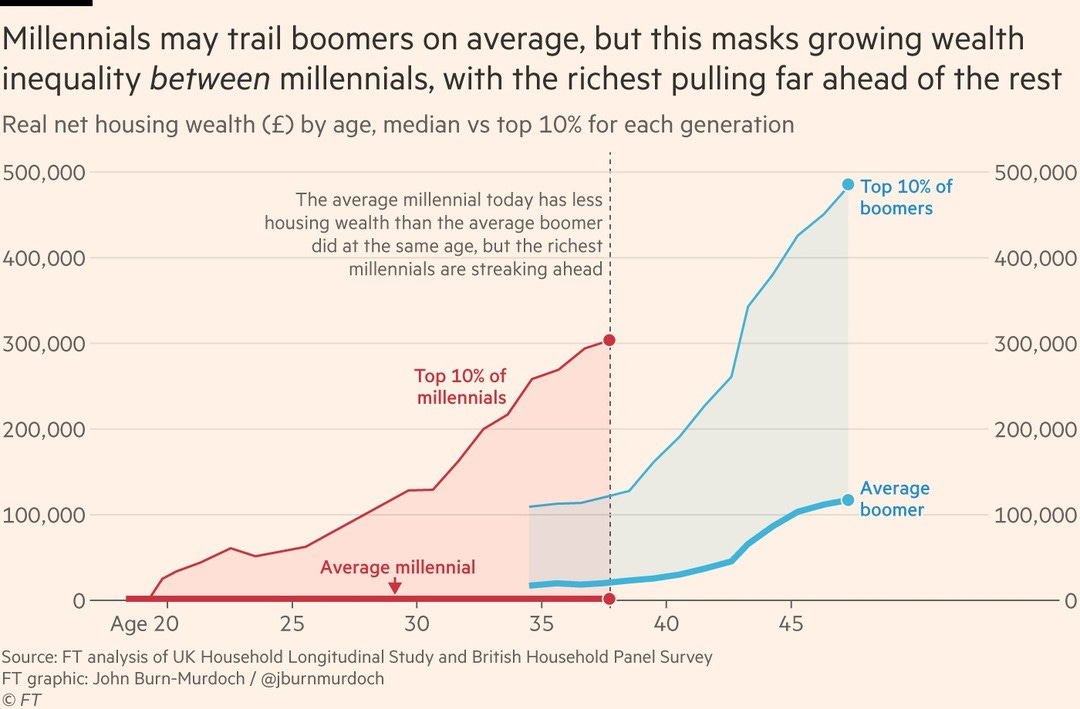Transmission #65: Design Freakouts, Partying in Mr Gucci's House, Talking with Whales, Better Ketchup, and Asking Answerable Questions.
Design, ideas and other flotsam.
Hello and welcome.
This is Transmissions by me, Marty Brown. It’s a newsletter that collates some of the more interesting stories, links, and other curios that float my way.
It’s been a while – I’ve got a decent backlog of stories that I haven’t got around to posting, so here is the first tranche and stay tuned for more soon.
Enjoy the links!
x
Marty
Design
The Big Design Freak-out: A Generation of Design Leaders Grapple with their Future
Robert Fabricant • Fast Company • Link
This one hit hard, as I am a) a design leader, and b) grappling with my own future. I am though, not generally, freaking out.
This article kicked off a bit of a storm, as it captured a very zeitgeisty topic of conversation in design circles. The always insightful Andy Polaine delved into this topic in his Doctor’s Note emailer, and it also kicked off a great conversation on Jesse James Garrett and Peter Merholz’s excellent podcast, Finding Our Way.
The basic story runs something like this:
The rise of companies like Apple, Airbnb, Instagram and the like over the 2010s put a premium on design as a differentiator and a value creator for business. Plus there was a lot to design! We over that decade we built a new culture around the concept of having an interconnected supercomputer in your pocket. And that meant a lot for way we designed interfaces, service and company structures to deliver that change.
Design was hot. Investment followed, and previously staid companies suddenly had large design departments, and leaders representing design work at the highest levels. Consultancies thrived, as everyone wanted to see how a more design-oriented mindset might solve their problems.
The pandemic poured more petrol on the flames. Suddenly, everything had to be digitised. Cue more work for the designers, and more rampant hiring.
And then, over the past couple of years, a confluence of factors hit all at once. One is that higher interest rates reduced the appetite for long-term or high-risk, high-reward investments. Envisioning an ideal future-state now wasn’t going to cut it if it couldn’t be delivered this year, or this quarter.
Another is that the industry had become more mature and codified in terms of both execution and process. This took away a lot of the ‘waste’ in design, but I’d argue also quite a lot of the magic. The outcome of pursuing quality design for a decade is that design of things have got a lot better across the board, and unfortunately, for some companies there are simply diminishing business returns in being a company that is a design leader in its field. Merholz and Garrett talk about RyanAir as perhaps almost quintessentially anti-design in their naked ambitions to always pursue ‘cheap’ over ‘good’.
But also, largely, companies have largely run the design (and design-thinking) experiment: those who found it beneficial have built out design teams. Those who didn’t, haven’t, and probably won’t.
This doesn’t mean that design is dead or dying or any of that hyperbole. It just means that there is a greater emphasis than ever for design to articulate the value of what it does, and to do that within a business context. This is what design leaders need to be able to do – which is act like any other business leader and justify in concrete terms the return on investment that their team is providing.
There is an element of swings and roundabouts about this too. Design has had a good run, perhaps too good, and there is some reversion to the mean happening.
But as long as we live in a world that present us with new and novel situations, we will need to design our way through those situations, and the those who design those solutions best will benefit greatly. Doing so requires energy, aptitude and experience, and so leaders will be a part of that mix.
Will a design leader look different this decade to the previous one? Of course! As the salamander said to the fish a few hundred millions years ago, ‘It’s all a matter of adaptation, innit.’
Make Better Documents
Anil Dash • Fast Company • Link
Thank you, Anil. In business, and in life, when trying to communicate anything remotely complex or important, could people please just follow these pointers?
Know your audience and your goals
Stop formatting everything to death
Use white space
Learn your tools
Pay attention to sequencing and order (it's not a murder mystery)
Give people wayfinding
Ask answerable questions
Close by reiterating your mission and goals
There’s a lot more detail in the article. Please read it.
Ideas
How First Contact with Whale Civilization Could Unfold
Ross Andersen • Atlantic • Link
‘If we can learn to speak their language, what should we say?’
*Takes hit. Ponders thought for what feels like a hour. Writes 3000 word piece in the Atlantic. Still not sure.
The Squatters of Beverly Hills
Bridget Read • Curbed • Link
Excellent yarn about what happens when squatters arrive at a villa in Beverly Hills, and proceed to party endlessly. Reads like a French farce, with mobsters, upset neighbours, useless police, narcissists, private investigators and a guy called Mr Gucci.
The Strongman Fantasy
Timothy Snyder • Substack • Link
A reminder why, despite the horrorshows that our recent democratic elections have become, they are still far better than the alternative.
At least, the fantasy goes, the strongman will get things done. But dictatorial power today is not about achieving anything positive. It is about preventing anyone else from achieving anything. The strongman is really the weak man: his secret is that he makes everyone else weaker.
Unaccountable to the law and to voters, the dictator has no reason to consider anything beyond his own personal interests. In the twenty-first century, those are simple: dying in bed as a billionaire. To enrich himself and to stay out of prison, the strongman dismantles the justice system and replaces civil servants with loyalists.
The new bureaucrats will have no sense of accountability. Basic government functions will break down. Citizens who want access will learn to pay bribes. Bureaucrats in office thanks to patronage will be corrupt, and citizens will be desperate. Quickly the corruption becomes normal, even unquestioned.
Charts of the week

Other
🍅 Heinz has created a new, fully recyclable ketchup lid. Replacing the difficult-to-recycle silicon valve, it took a serious amount of engineering to make this with only polypropylene plastic (and lots of ketchup fluid dynamics equations) Link
🏮 10% of the internet is secured by a wall of lava lamps watched by a camera to generate true randomness. Link
🙅 When an author embarks on an experiment:
Whenever I didn't want to do something, I didn't hesitate, didn't explain. I just said no. I didn't say it more often than usual -- this was not a diet. I was just going to say no. Not "Hell no." Or "No way." Or "Nope. Sorry." Just "No."
All goes well, until the experiment comes into contact with a loving partner. Link
Thanks for reading! See you soon!







